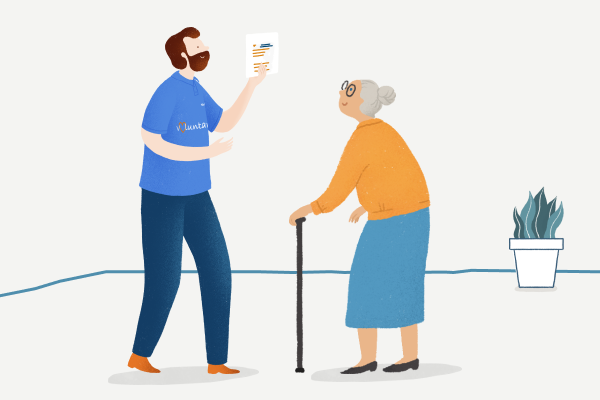The Naturgy Foundation promotes 16 self-consumption facilities in social residences that will benefit more than 4,500 vulnerable people
The energy company foundation is broadening the scope of its programmes to combat vulnerability, by installing 864 photovoltaic panels in social housing.

The Naturgy Foundation is fully committed to implementing 16 social innovation projects, combining renewable energies with the fight against energy vulnerability, to increase the number of families benefiting from its social programmes. These initiatives will benefit more than 4,500 vulnerable people.
Ester Sevilla, head of Social and International Projects at the Naturgy Foundation, explained the results achievements of this initiative at a webinar during a conference entitled Initiatives to alleviate Energy Poverty in the European Context. The SocialWatt European Project and the EPIU Getafe Project, which was organised by the energy company’s foundation.
The Naturgy Foundation’s most recent line of action involves installing photovoltaic plants in buildings occupied by vulnerable people and assisted living facilities to ensure that they are not excluded from the energy transition and that they too can benefit from the advantages of self-consumption.
Thanks to these projects, the social organisations that manage the properties will make savings on their energy bills that can be invested in social welfare and other projects.
Ester Sevilla explained that “many families are suffering from energy vulnerability, so we must find new ways to broaden the impact of our social programmes, which have already benefited more than 207,000 people in Spain. What’s more, projects of this type contribute to a fair energy transition,” she added.
The Naturgy Foundation finances 100% of these projects, which were launched in 2020. A total of 864 solar panels will be installed in buildings managed by eleven social entities: Cáritas Española, Cáritas Madrid, Hàbitat3, the Quirón Foundation, Aleph-Tea, the San Martín de Porres Foundation, Orden de Malta, María Raventós Foundation, Hermanos Franciscanos de la Cruz Blanca, ATENPACE and Energía Sin Fronteras.
She explained that these projects come under the foundation’s participation in the European SocialWatt project, of which it is the only Spanish representative. The aim of this initiative, which involves twelve other companies from ten different countries, is to support and encourage energy groups to launch plans to alleviate energy poverty, within the framework of article 7 of the European Energy Efficiency Directive. SocialWatt was launched in September 2019 and will finish next March.
Energy efficiency to combat vulnerability
The Naturgy Foundation also participates in the Energy Poverty Intelligence Unit (EPIU)-Getafe, which aims to reduce energy poverty in this town in the Community of Madrid by developing new mitigation services and by applying custom-made measures adapted to vulnerable groups. One of the initiatives set in motion by EPIU Getafe is the Health Homes Office, whose manager, Alejandro López Parejo, also took part in the session.
He explained that this “urban innovation project” is intended to be replicable in other European cities “to transform processes and procedures to identify energy poverty and to act effectively when we find it”, with a view to creating what he defined as “twenty-first century administration”.
This will be achieved by means of a database managed by artificial intelligence, containing information as close as possible to the reality of the population of Getafe, and to the activity of the new Health Homes Office. Madrid City Council has managed to optimise 900 families’ electricity bills, “with an average saving of 25% and overall monthly savings of around 25,000 euros among the 900 families that have benefited from this service”. Alejandro López Parejo went on to explain that the council is also working on the energy rehabilitation of 200 homes belonging to vulnerable families in 15 buildings.
“This is important because the services the administration has offered up to now in the social and energy poverty field have been reactive, while the idea behind EPIU is that the administration responds to the public in a proactive manner”, explained the head of Getafe Town Council.
Share